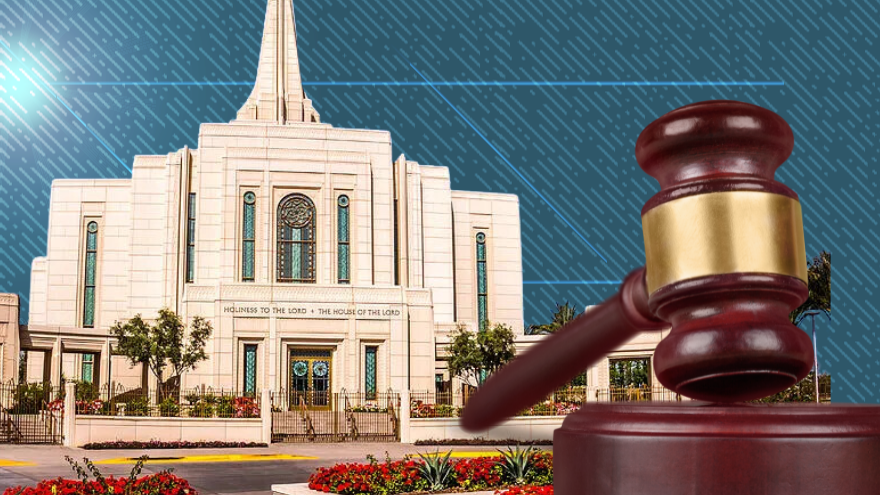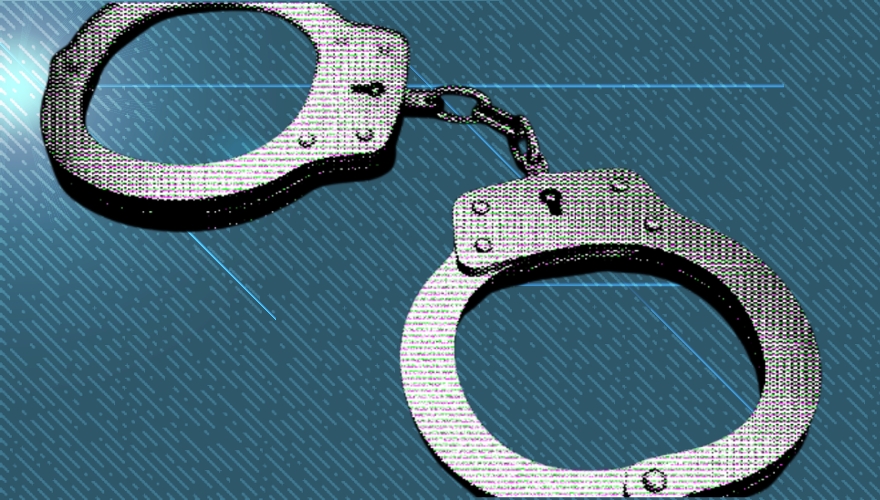The Church of Jesus Christ of Latter-day Saints does not need to cooperate with inquiries into child abuse following a ruling from the Arizona Supreme Court.
The court ruled against compelling the LDS Church to turn over documents or answer questions because state law exempts members of the clergy from being required to report child abuse if they learn of the abuse in a confessional setting, where the state recognizes clergy-penitent privilege.
The exemption is supposed to allow members of religious groups to confess their sins without fear of perjury. If clergy members learn of child abuse or neglect in any other setting, state law requires them to make a report to law enforcement.
The ruling was issued on April 7 but not publicly released until April 12.
The Mormon church was sued by a group of child abuse victims who accused two of its bishops and other church members “of conspiracy and negligence in not reporting church member Paul Adams for abusing his older daughter as early as 2010.” The plaintiffs contend that because of the church's inaction regarding Adams, his abuse continued for seven years. Adams also reportedly began abusing his infant daughter during this time. He also allegedly posted footage of raping his daughter online.
According to AP News, Adams told his bishop during a counseling session that he was abusing his daughter. The bishop, John Herrod, called the Mormon church’s helpline where he was directed by church lawyers not to contact police or child welfare officials.
“They said, ‘You absolutely can do nothing,’” Herrod later told law enforcement during an interview.
Herrod continued to work with Adams and his wife, Leizza, whom he hoped would do something to protect the children. A year after contacting the helpline, Herrod told a second bishop about Adams’ abuse. The second bishop was also directed by the church to not contact authorities.
“Adams was finally arrested by Homeland Security agents in 2017 with no help from the church, after law enforcement officials in New Zealand discovered one of the videos,” reported AP News. “He died by suicide in custody before he could stand trial.”
Lynne Cadigan, who represents Adams’ children in the lawsuit, said the Arizona Supreme Court's decision granted additional protection to clergy that was beyond the state legislature’s intention. She said the decision allows “churches to conceal crimes against children.”
Cadigan and other attorneys involved in the case plan to ask the Supreme Court to reconsider its ruling, per KNewz.
The Mormon church has argued that Adams’ abuse was disclosed during a confessional setting and therefore none of its officials were obligated to disclose.
“The Church of Jesus Christ of Latter-day Saints agrees with the Arizona Supreme Court’s decision,” the Mormon church said in a statement, per AP News. “We are deeply saddened by the abuse these children suffered. The Church has no tolerance of abuse of any kind.”
Cochise County Superior Court Judge Laura Cardinal previously ruled on Aug. 8, 2022 that Adams has waived his right to keep his confession to Herrod a secret once he posted videos of his abuse online and openly talked about his actions on social media.
“Taken together, Adams’ overt acts demonstrate a lack of repentance and a profound disregard” for the principles of the church, Cardinal said in her ruling, per The Salt Lake Tribune. “His acts can only be characterized as a waiver of the clergy-penitent privilege.”
The Arizona Court of Appeals previously ruled that the Mormon church was not obligated to turn over Adam's disciplinary records and that church members involved in the disciplinary hearing could refuse to answer questions because of clergy-penitent privilege. Adams was excommunicated from the church in 2013.
According to the United State Department of Health and Human Services, April is National Child Abuse Prevention Month.

